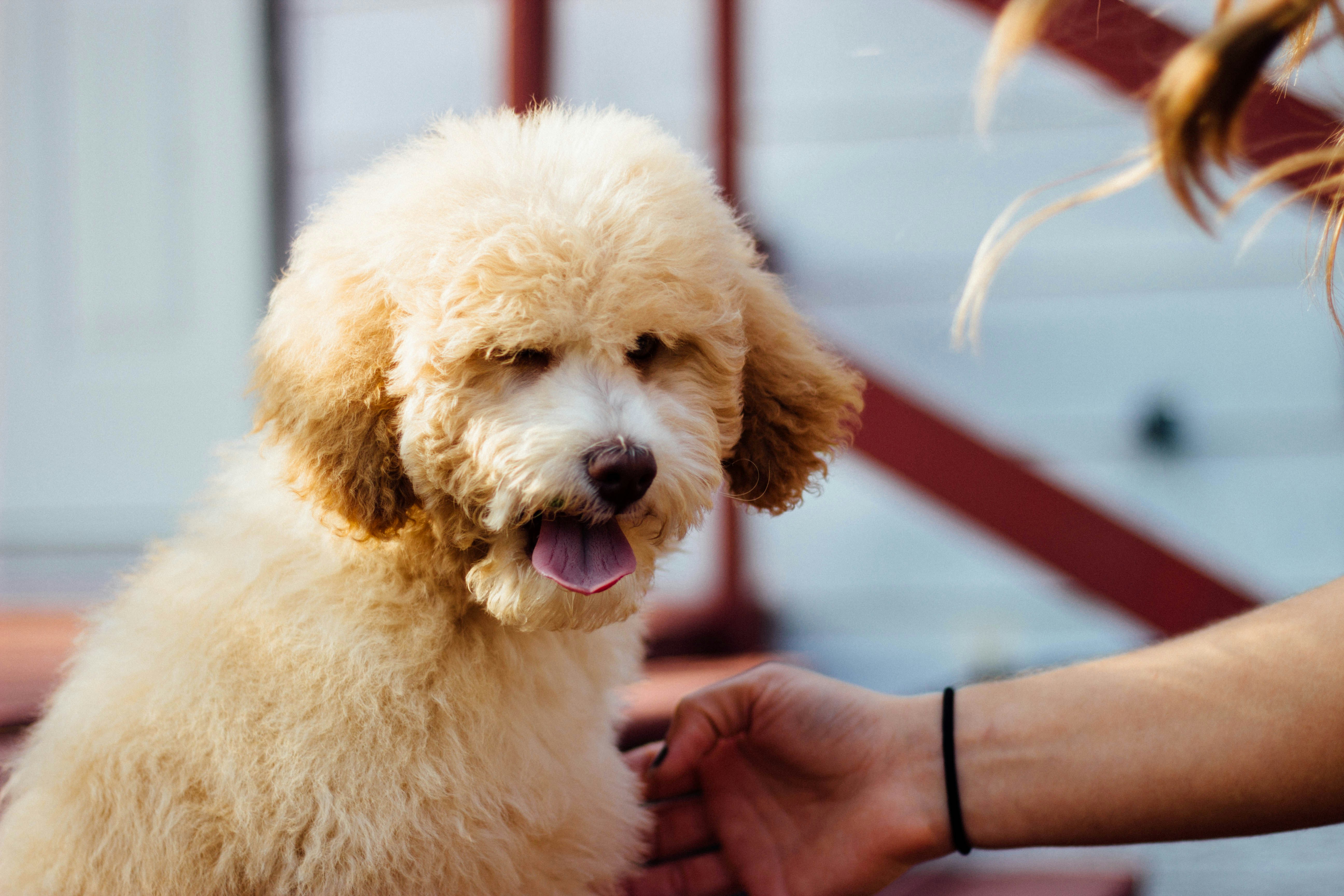
Poodle Dogs: The Ultimate Guide to the Brainy Beauty
With their regal bearing and circus-worthy intelligence, Poodles shatter stereotypes of being mere "frou-frou" dogs. This comprehensive guide explores their surprising hunting heritage, three size varieties, and how to nurture their Einstein-level smarts while maintaining that iconic coiffure.
| Characteristic | Value |
|---|---|
| Lifespan | 10-18 years |
| Weight | 45-70 pounds (Standard), 15-17 pounds (Miniature), 4-6 pounds (Toy) |
| Height | 15 inches and up (Standard), 10-15 inches (Miniature), under 10 inches (Toy) |
| Temperament | Intelligent, Active, Alert, Faithful, Trainable |
Characteristics
From German Duck Hunters to French Aristocrats
Originally bred in 15th-century Germany as water retrievers (“Pudel” means “to splash”), their curly coat repelled water while trimmed areas improved swimming. French nobility later popularized their elaborate clips. Today, they excel as service dogs and agility champions.
Distinctive Physical Features
- Sizes: Three varieties – Standard (45-70 lbs), Miniature (15-17 lbs), Toy (4-6 lbs)
- Coat: Tight curls in 10+ colors including apricot, silver, and parti-color
- Build: Square proportions with muscular hindquarters for jumping
- Feet: Webbed paws for powerful swimming
Poodle Temperament: More Than Just a Pretty 'Do
Personality Traits
- 🧠 Canine Einsteins: Excel in obedience, service work, and even math tricks!
- 💃 Performer Spirit: Love being the center of attention – perfect for dog sports
- 👪 Family Devotees: Form intense bonds while staying alert to strangers
- 🌟 Versatile Virtuosos: Thrive equally in apartments or country estates
Potential Challenges
- Separation Anxiety: May develop neurotic habits if left alone too long
- Sensitivity: Harsh training methods backfire quickly
- Grooming Demands: Require professional clipping every 4-6 weeks
Caring for Your Poodle: Health, Grooming, and Nutrition
Exercise Requirements
- Daily Needs: 60+ minutes – brisk walks combined with mental games
- Water Work: Swimming sessions satisfy their retriever heritage
- Brain Food: Rotate puzzle toys to prevent boredom
Grooming Guide
- Brushing: Every other day with slicker brush to prevent mats
- Clipping: Professional groom every 4-6 weeks – popular styles include:
- Puppy Clip: Even length all over
- Continental Clip: Shaved rear with pom-poms
- Ear Care: Pluck hair from ear canals monthly to prevent infections
- Dental Hygiene: Brush teeth 3x weekly – prone to dental issues
Common Health Issues
Hip Dysplasia (Standards)
- Symptoms: Limping, difficulty rising
- Prevention: Maintain lean weight, provide joint supplements
Progressive Retinal Atrophy
- Symptoms: Night blindness, cloudy eyes
- Prevention: Annual veterinary ophthalmologist exams
Addison’s Disease
- Symptoms: Lethargy, vomiting, weight loss
- Prevention: Regular blood work for early detection
Bloat (Standards)
- Symptoms: Distended abdomen, unproductive retching
- Prevention: Feed smaller meals, avoid exercise after eating
Nutritional Needs
- High-Quality Diet: Formulas for active breeds with omega fatty acids
- Portion Control: Standards: 3-4 cups daily; Toys: ½-¾ cup
- Hydration: Always available fresh water – prevents urinary stones
- Avoid: Grapes, onions, chocolate – highly toxic to Poodles
Training Your Poodle: Engaging the Canine Scholar
Effective Techniques
- Clicker Training: Perfect for their problem-solving nature
- Advanced Tricks: Teach phone retrieval or light switch operation
- Early Socialization: Expose to crowds, loud noises, and hats
- Agility Training: Channel energy into obstacle courses
Addressing Challenges
- Barking: Teach “quiet” command using time-outs
- Stubbornness: Keep sessions short and rewarding
- Leash Pulling: Use front-clip harnesses and directional changes
Is a Poodle Right for You? Pros and Cons
Ideal For:
- Allergy sufferers (hypoallergenic coat)
- Active seniors or families
- Those wanting a service/therapy dog
- First-time owners willing to groom
Think Twice If:
- You dislike frequent grooming bills
- Want a “low-maintenance” dog
- Prefer a quiet, independent breed
- Have limited time for mental stimulation
Poodle FAQs
Q: Do Poodles really not shed?
A: They shed minimally, but loose hairs get trapped in curls – regular brushing essential.
Q: Are Toy Poodles good with kids?
A: Better with older children – their small size makes them fragile.
Q: Why do Poodles get fancy haircuts?
A: Originated to protect joints in cold water while streamlining for swimming.
Q: Can Poodles live outdoors?
A: No – they crave human companionship and lack undercoat for extreme weather.
Conclusion: Embrace Life with a Renaissance Dog
Poodles offer unmatched versatility wrapped in an allergy-friendly package. While their grooming needs demand commitment and their intelligence requires engagement, those who welcome a Poodle into their home gain a loyal companion who’ll learn your routines, outsmart your puzzles, and maybe even master the laundry. If you’re ready for a dog that combines elegance with wit, the Poodle might just be your perfect performance partner.